By formulating the heliocentric theory, which placed the sun at the center of the Universe, Nicolaus Copernicus paved the way for modern astronomy. Copernicus was born on February 19, 1473 in Torún, Poland, into a family with German roots. Around 1491, he enrolled at the University of Krakow to study theology and medicine, but became a passionate student of mathematics and astronomy as well. Five years later, he moved to Bologna, a university city that attracted scholars from all over Europe. In Italy, Nicolaus Copernicus worked with the famous astronomer Domenico Maria Novara da Ferrara. After graduating in law in 1503, Copernicus concentrated on astronomy, giving a number of lectures in Ferrara, Padua and Rome. In 1505, he returned to Poland, living for a while in Heilsberg and working as secretary and doctor for his uncle, the city’s bishop. In 1512 he moved to Frauenburg for good. Copernicus was able to scientifically demonstrate that the center of the universe – the point around which all planets revolve – was not the earth, as people had previously believed, but the sun. The astronomer described his heliocentric system in his most famous work, De revolutionibus orbium coelestium, or Concerning the Revolutions of the Heavenly Orbs. He made four revolutionary assertions:
1. Orbits and celestial bodies do not have a single center.
2. The center of the earth is not the center of the universe.
3. All the planets move in circular orbits around the sun.
4. The sun only appears to move from dawn to dusk. In reality, its movement is the effect of the earth’s rotation around its axis over a 24-hour period.
These discoveries marked a true revolution with respect to the certainties that mankind had held for thousands of years about the skies overhead. The idea that the earth and its inhabitants did not sit at the center of the cosmos was considered so powerful that it risked destabilizing society. Copernicus’s theories were slow to spread, in part because they were rejected by the Roman Catholic Church. Over following decades, the Copernican system would become a cornerstone for the development astronomy, thanks to contributions from thinkers like Giordano Bruno, who brought Copernicus’s work into the public eye, and Galileo Galilei, who strongly supported his theories. Nicolaus Copernicus died on March 24, 1543, reportedly a few hours after having held a copy of the first edition of his De revolutionibus in his hands. He was 70.
1. Orbits and celestial bodies do not have a single center.
2. The center of the earth is not the center of the universe.
3. All the planets move in circular orbits around the sun.
4. The sun only appears to move from dawn to dusk. In reality, its movement is the effect of the earth’s rotation around its axis over a 24-hour period.
These discoveries marked a true revolution with respect to the certainties that mankind had held for thousands of years about the skies overhead. The idea that the earth and its inhabitants did not sit at the center of the cosmos was considered so powerful that it risked destabilizing society. Copernicus’s theories were slow to spread, in part because they were rejected by the Roman Catholic Church. Over following decades, the Copernican system would become a cornerstone for the development astronomy, thanks to contributions from thinkers like Giordano Bruno, who brought Copernicus’s work into the public eye, and Galileo Galilei, who strongly supported his theories. Nicolaus Copernicus died on March 24, 1543, reportedly a few hours after having held a copy of the first edition of his De revolutionibus in his hands. He was 70.
RELATED
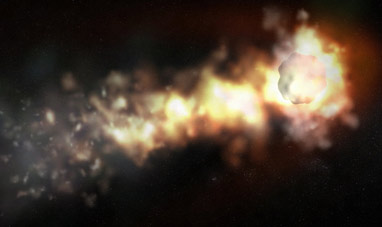

METEORITES
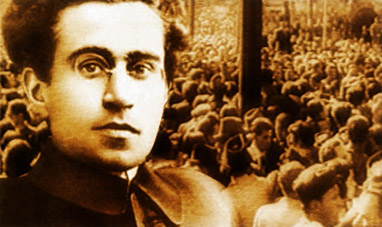

ANTONIO GRAMSCI
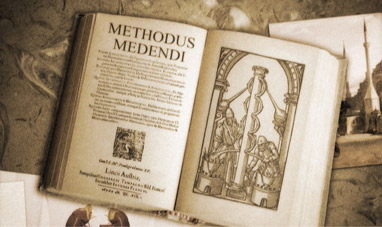

GALEN
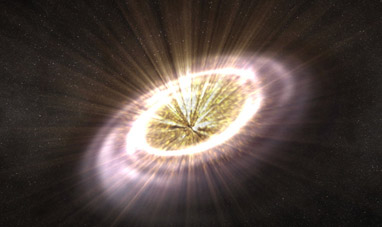

QUASARS
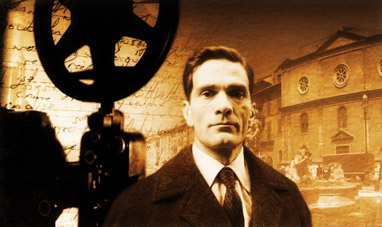

PIER PAOLO PASOLINI
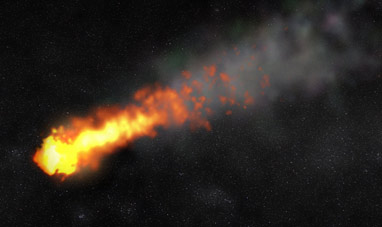

METEORS
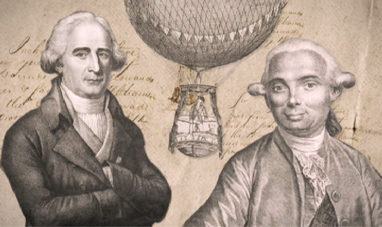

THE MONTGOLFIER BROTHERS
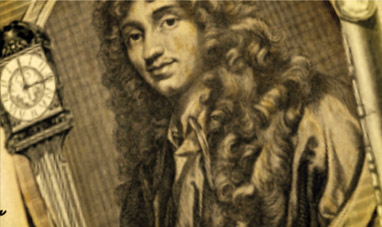

CHRISTIAAN HUYGENS
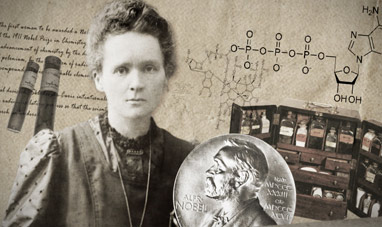

MARIE CURIE
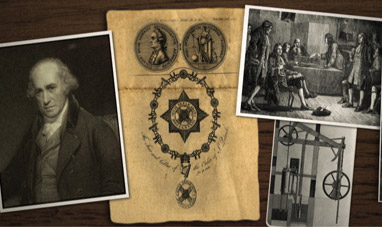

JAMES WATT
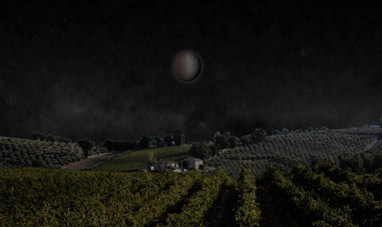

LUNAR ECLIPSES
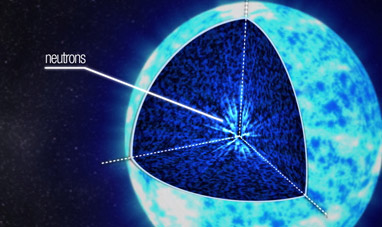

SUPERNOVAS
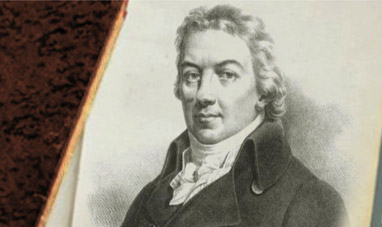

EDWARD JENNER
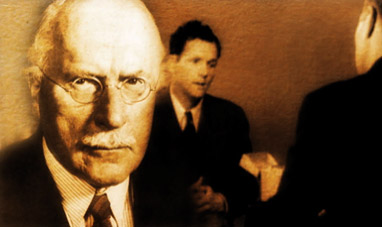

CARL GUSTAV JUNG
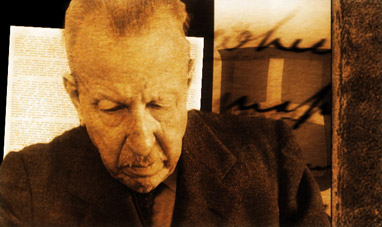

BENEDETTO CROCE
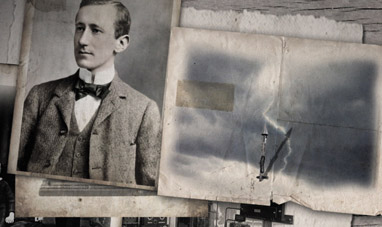

GUGLIELMO MARCONI
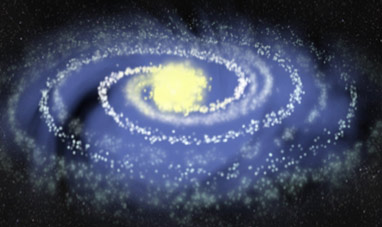

GALAXIES
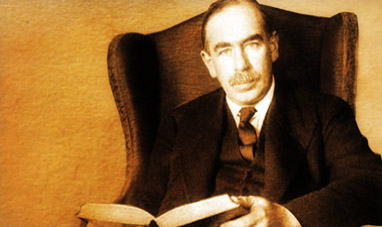

JOHN MAYNARD KEYNES
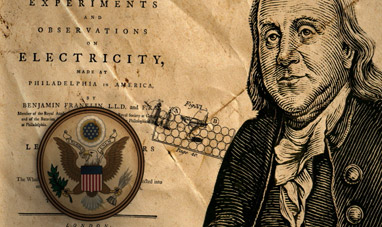

BENJAMIN FRANKLIN
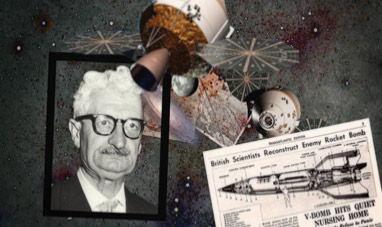

WERNHER VON BRAUN
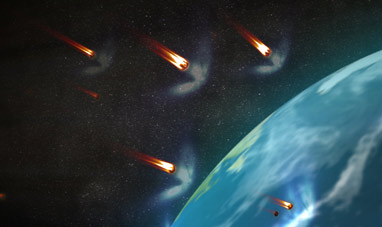

COMETS
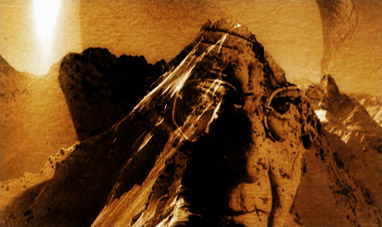

ERICH FROMM
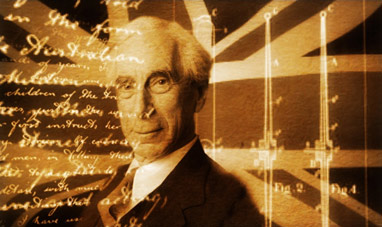

BERTRAND RUSSEL


THOMAS ALVA EDISON
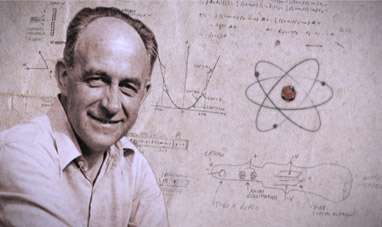

ENRICO FERMI
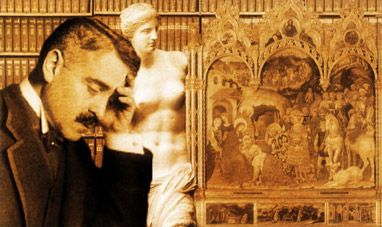

ABY WARBURG
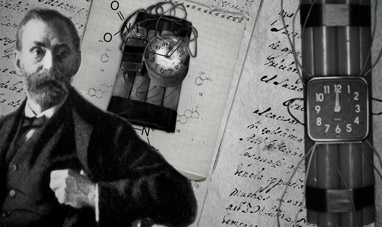

ALFRED NOBEL
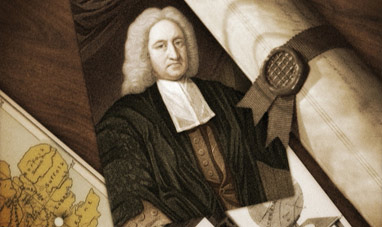

EDMUND HALLEY
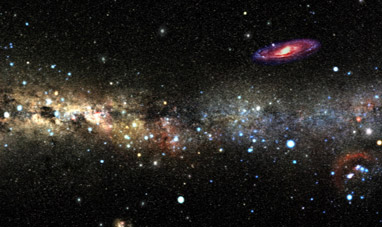

NEBULAE
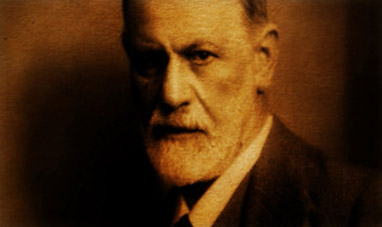

SIGMUND FREUD
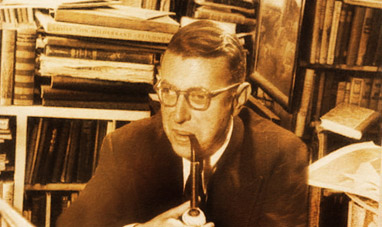

JEAN PAUL SARTRE
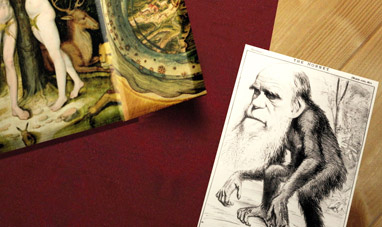

CHARLES DARWIN
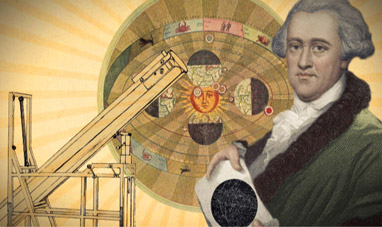

WILHELM HERSCHEL
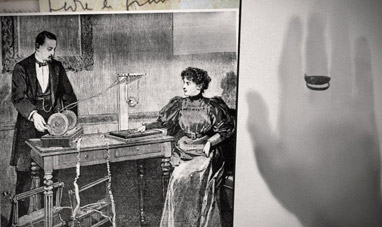

WILHELM RÖNTGEN
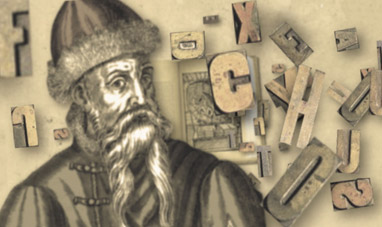

JOHANNES GUTENBERG
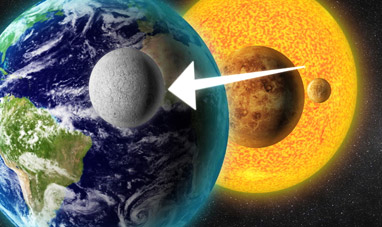

THE MOON
